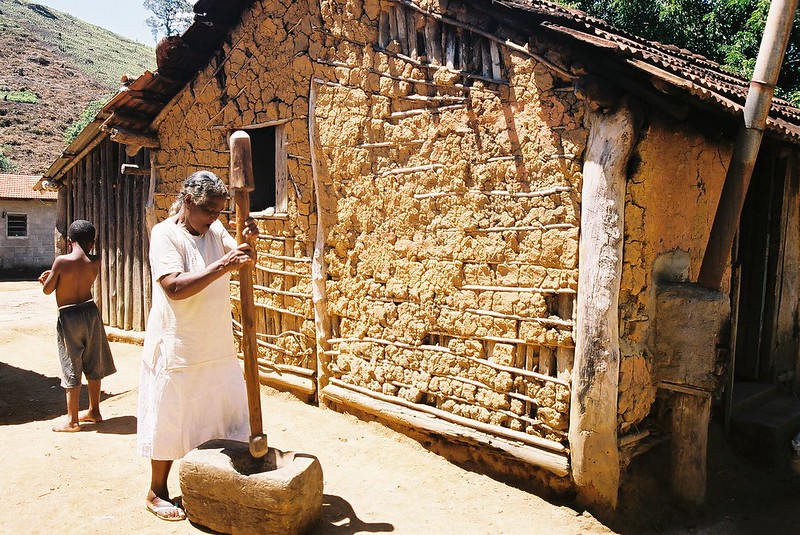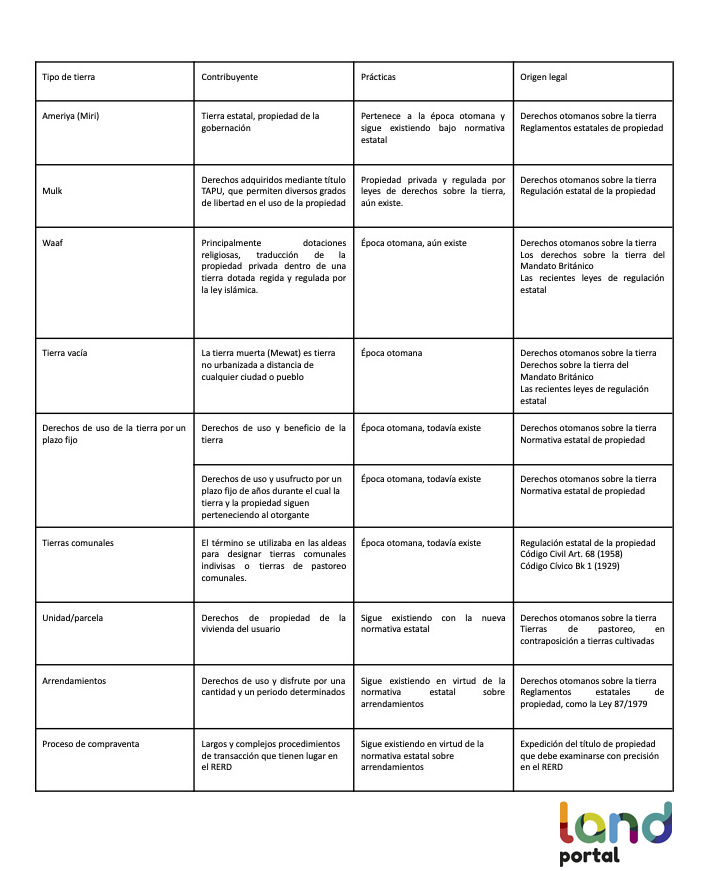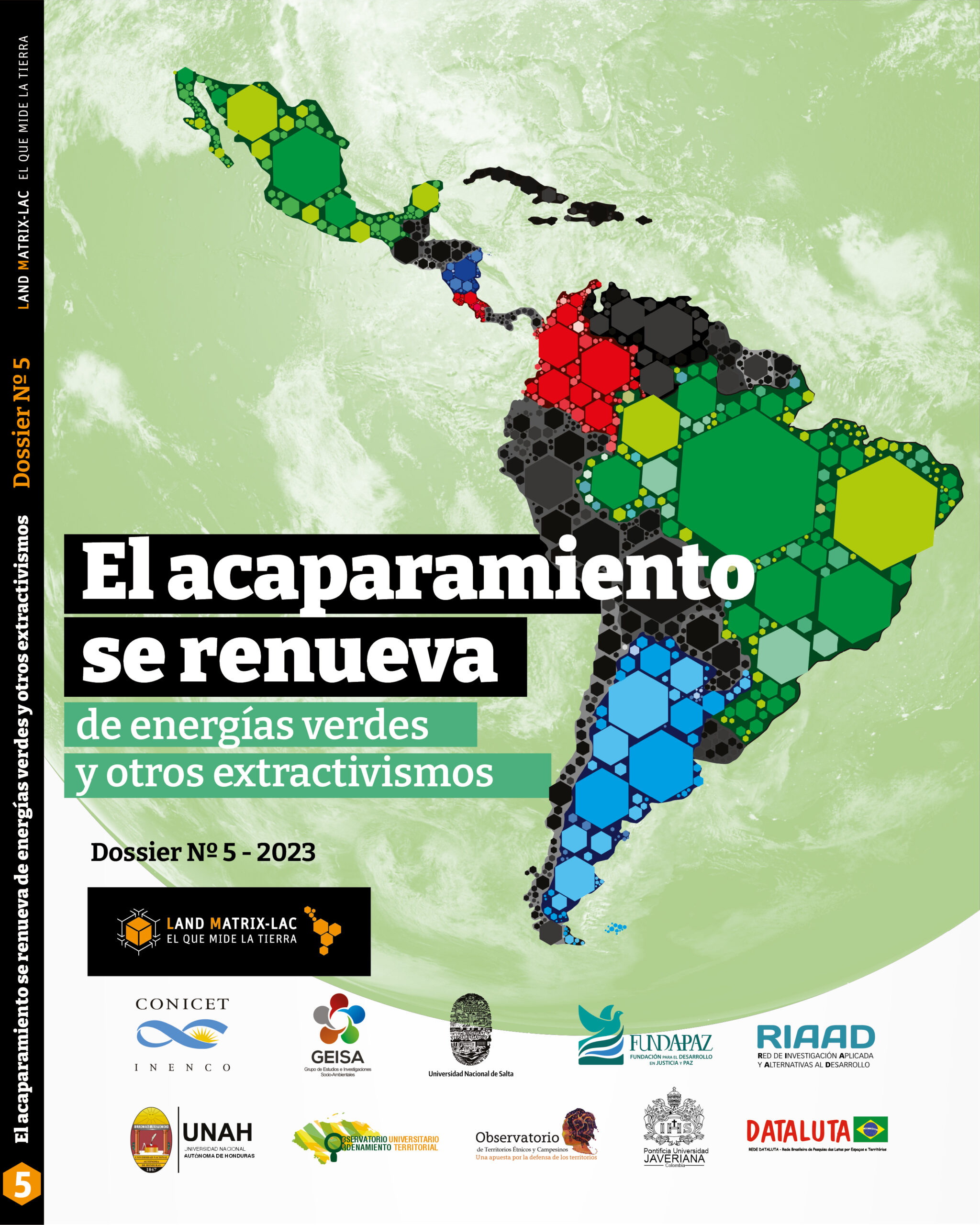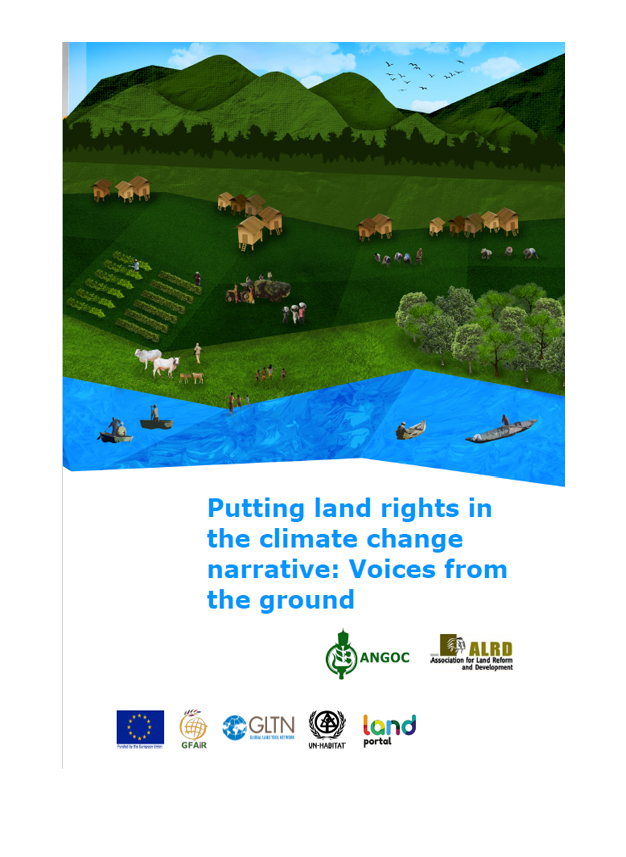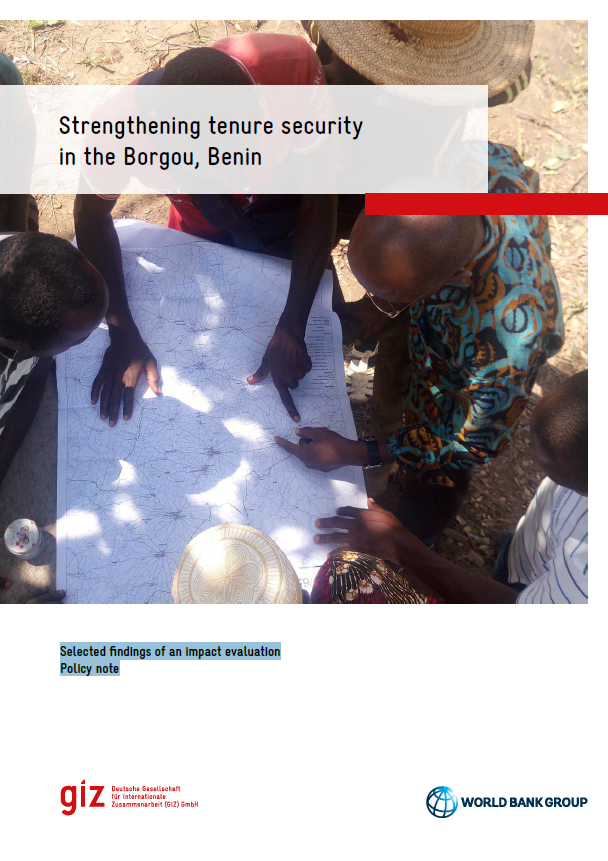Executive summaries country profiles on food loss and waste - China, Colombia, Kenya and Vietnam
In this document, we present an executive summary condensing the extensive Food Loss and Waste (FLW) country studies conducted by WFBR from 2022 to 2024, focusing on China, Colombia, Kenya, and Vietnam. Our synthesis of hotspot food products in these countries aims to guide the implementation of measures to reduce FLW. The quantifiable sums vary by product and chain stage. Concentrating efforts on food products and chain stages that significantly contribute to the earlier mentioned parameters can significantly enhance resource use efficiency.


